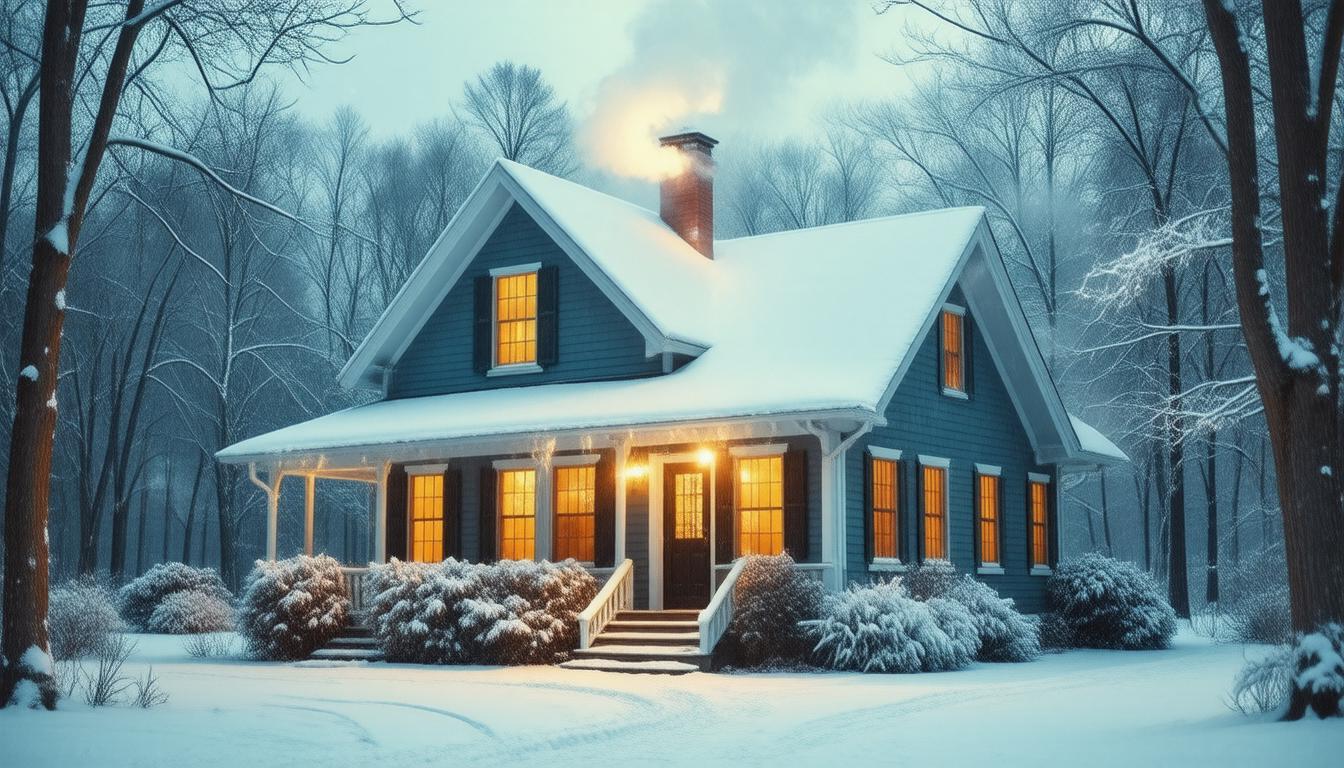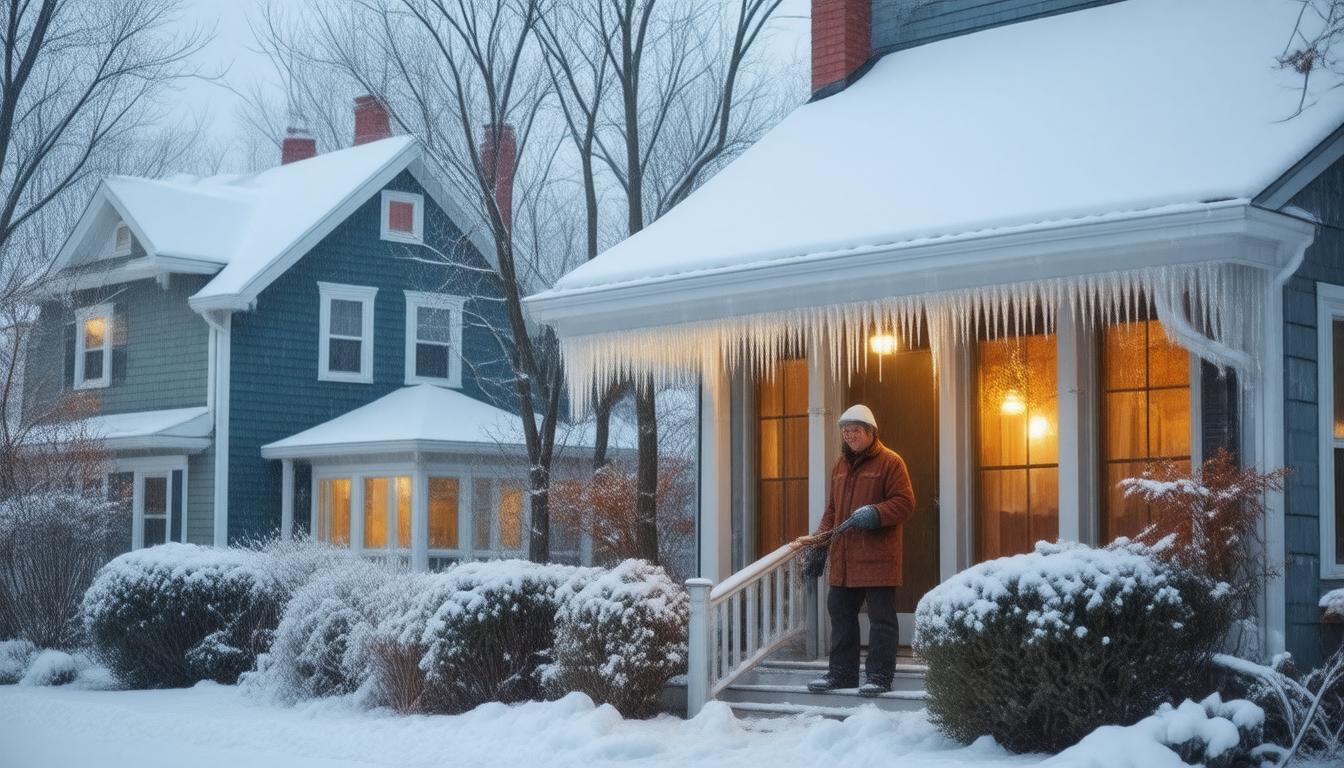
Home inspections are a critical part of the home-buying process that can save you a lot of time, money, and stress in the long run. Before you finalize your investment in what may look like your dream home, it’s vital to understand what you’re actually getting into. A thorough inspection carried out by a professional can provide an in-depth look at the property’s condition and alert you to any potential problems that could cost substantial amounts to repair after purchase.
Identifying Potential Issues Early OnThe main objective of a home inspection is to identify existing or potential issues within a home. This includes a comprehensive evaluation of the home’s structural integrity, which encompasses the foundation, load-bearing walls, and roof structure. Inspectors also check the condition of the electrical system, plumbing, heating and air conditioning, insulation, and ventilation, as well as the operation of built-in appliances and other major components of the house.
By identifying these issues early on, you can either negotiate repairs with the seller, request a price reduction, or in some cases, decide not to proceed with the purchase, thus securing your investment.
Navigating Negotiations with ConfidenceA detailed home inspection report provides you with a strong bargaining chip during the home buying process. If an inspection uncovers significant issues, you can use the information to negotiate the price with the sellers or insist that they complete repairs before the transaction is finalized. Without an inspection, you may overlook defects that could later require expensive fixes, diminishing the value of your investment.
Ensuring Safety and ComplianceHome inspections are not only about identifying structural problems or broken systems. They are also crucial for ensuring that the property adheres to local building codes and safety regulations. Inspectors look for health-related risks including, but not limited to, the presence of asbestos, mold, lead paint, and radon gas. Identifying these issues early allows for corrective measures to be taken to secure the health and safety of your home environment.
Avoiding Costly Surprises Post-PurchaseThe cost of unexpected repairs can be significant, taking a toll on your finances and peace of mind. A thorough home inspection can uncover hidden faults that may not be visible during a typical walk-through. Things like a leaking roof, faulty wiring, or an aging furnace may not be immediately apparent, but through a professional home inspection, such issues can be identified before you commit to buying, helping to avoid unpleasant surprises down the road.
Increasing Resale Value and AppealInvesting in a home inspection not only safeguards your investment at the point of purchase but can also affect the home’s resale value. A well-maintained home with a clear history of regular inspections and repairs is more attractive to potential buyers. When it comes time to sell, you can provide evidence of the home’s condition and maintenance record, which can increase buyer confidence and possibly the final sale price.
Educating the Buyer for Long-Term MaintenanceBeyond the immediate benefits of identifying potential problems, a home inspection also educates you on the proper maintenance required for the house. Understanding how the home’s systems work, and their current condition helps you plan for future maintenance and budget accordingly. This education is invaluable in helping maintain your home’s value and functionality over time.
In conclusion, home inspections are an essential step in the home-buying process. They protect your financial investment, provide leverage in negotiations, ensure safety compliance, forestall unforeseen expenses, and contribute to the long-term appeal and maintenance of the property. Securing a professional home inspection is a small investment that can yield significant returns and peace of mind as a homeowner.







